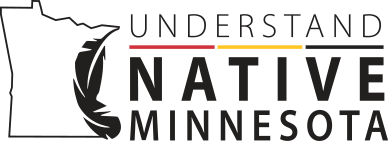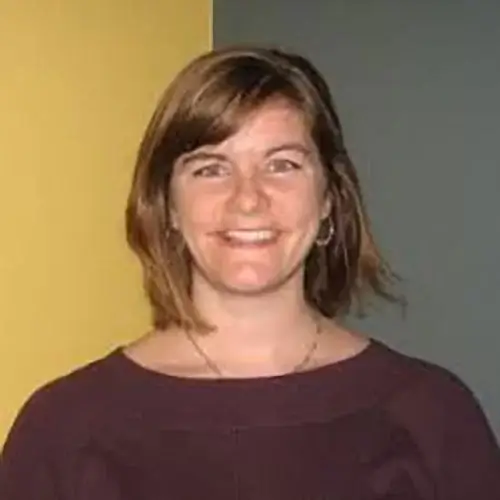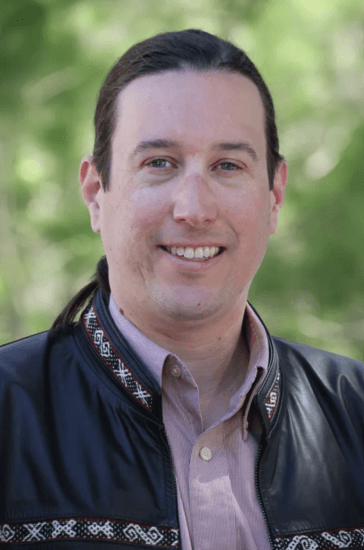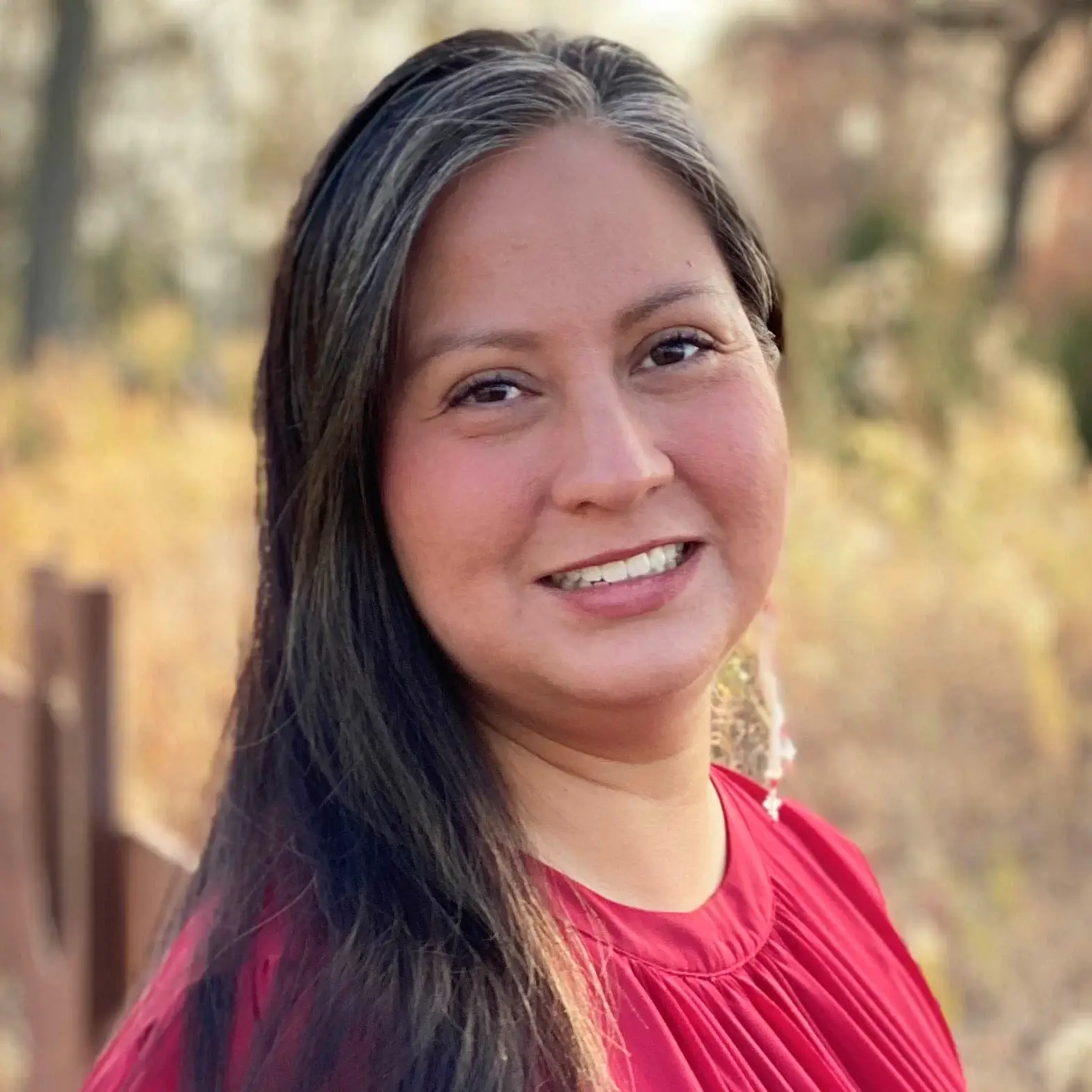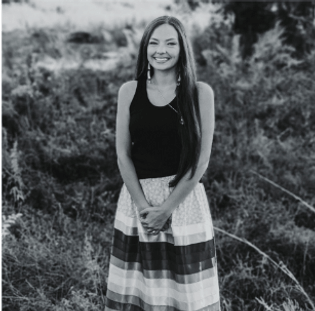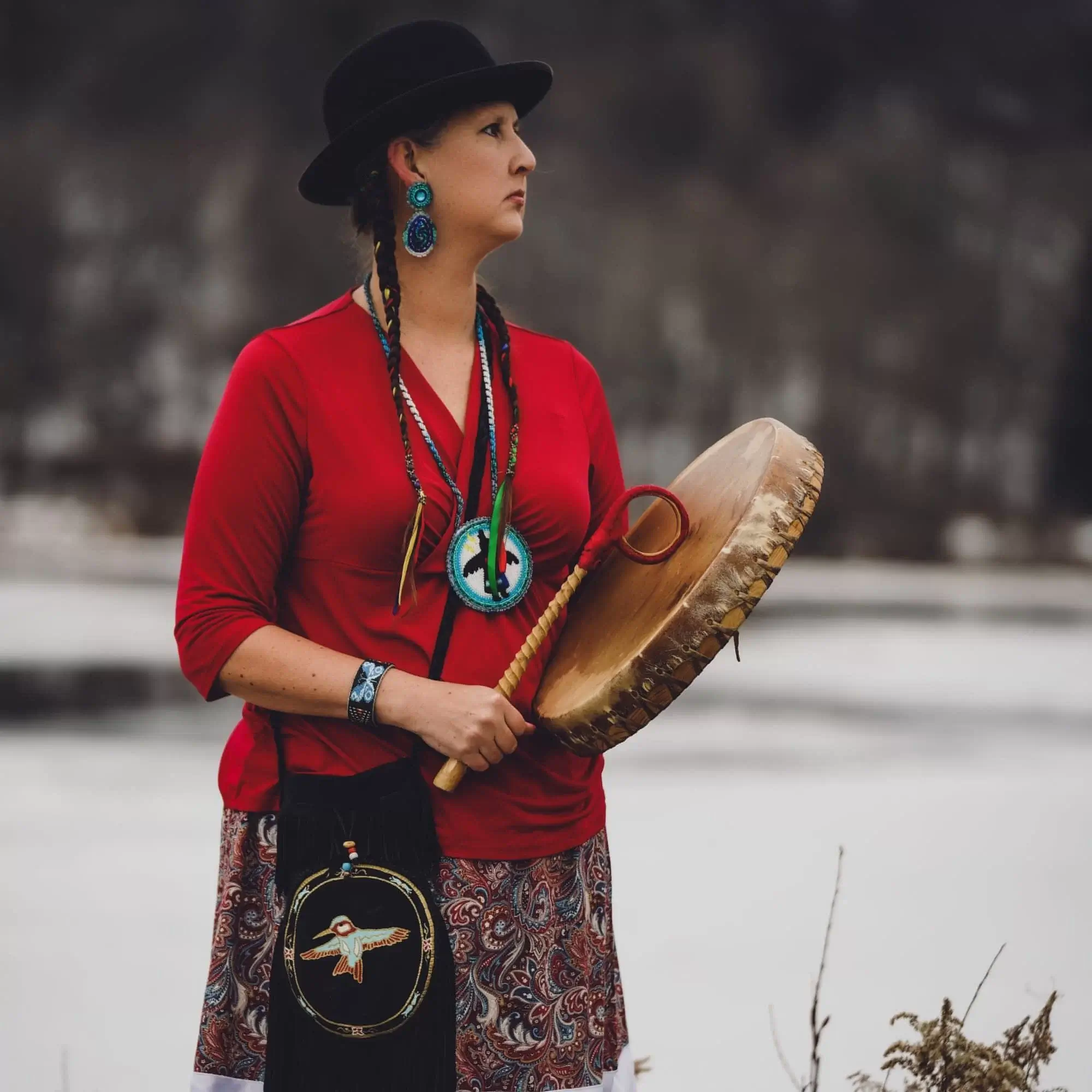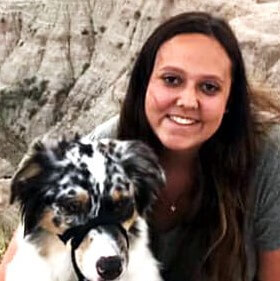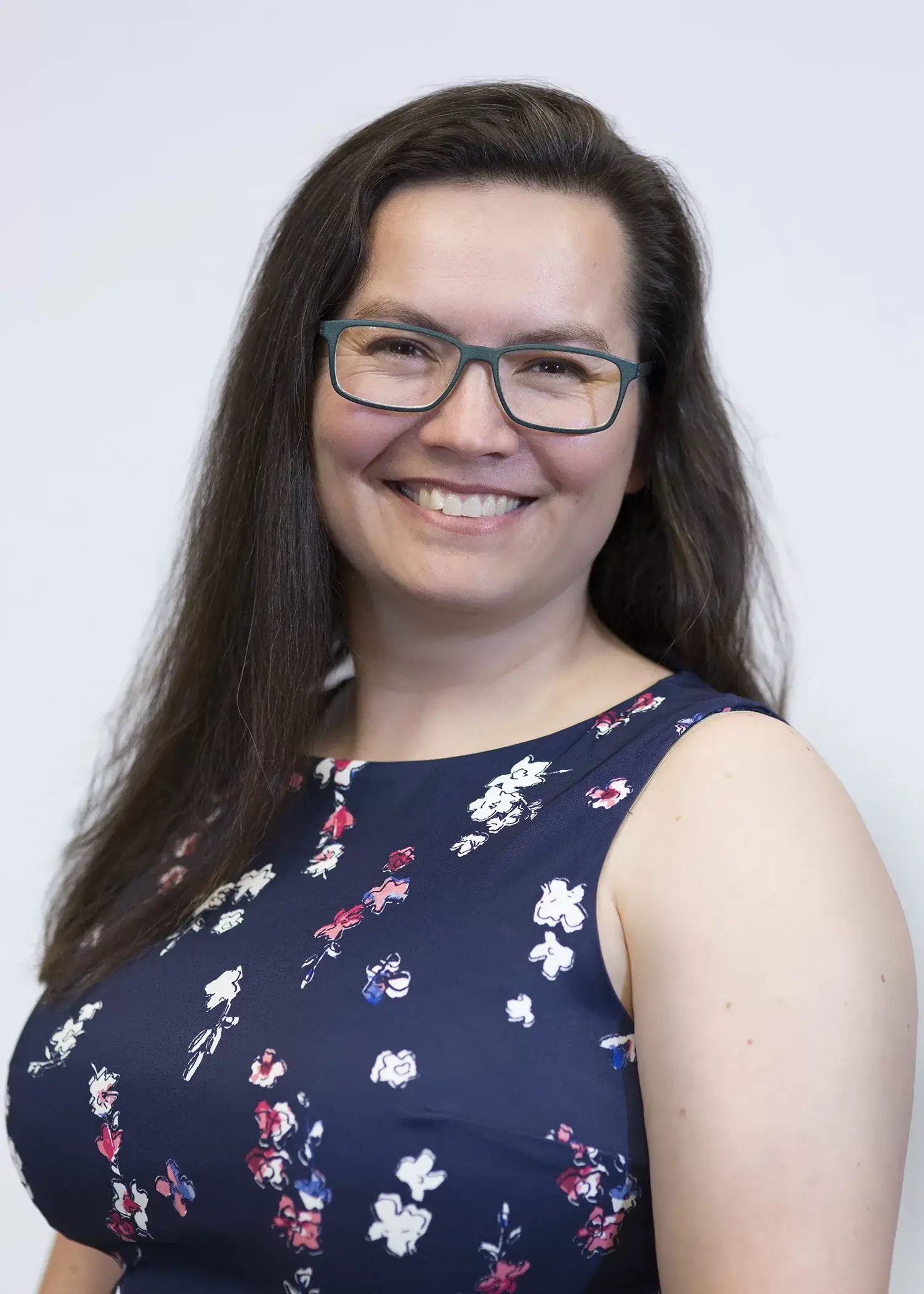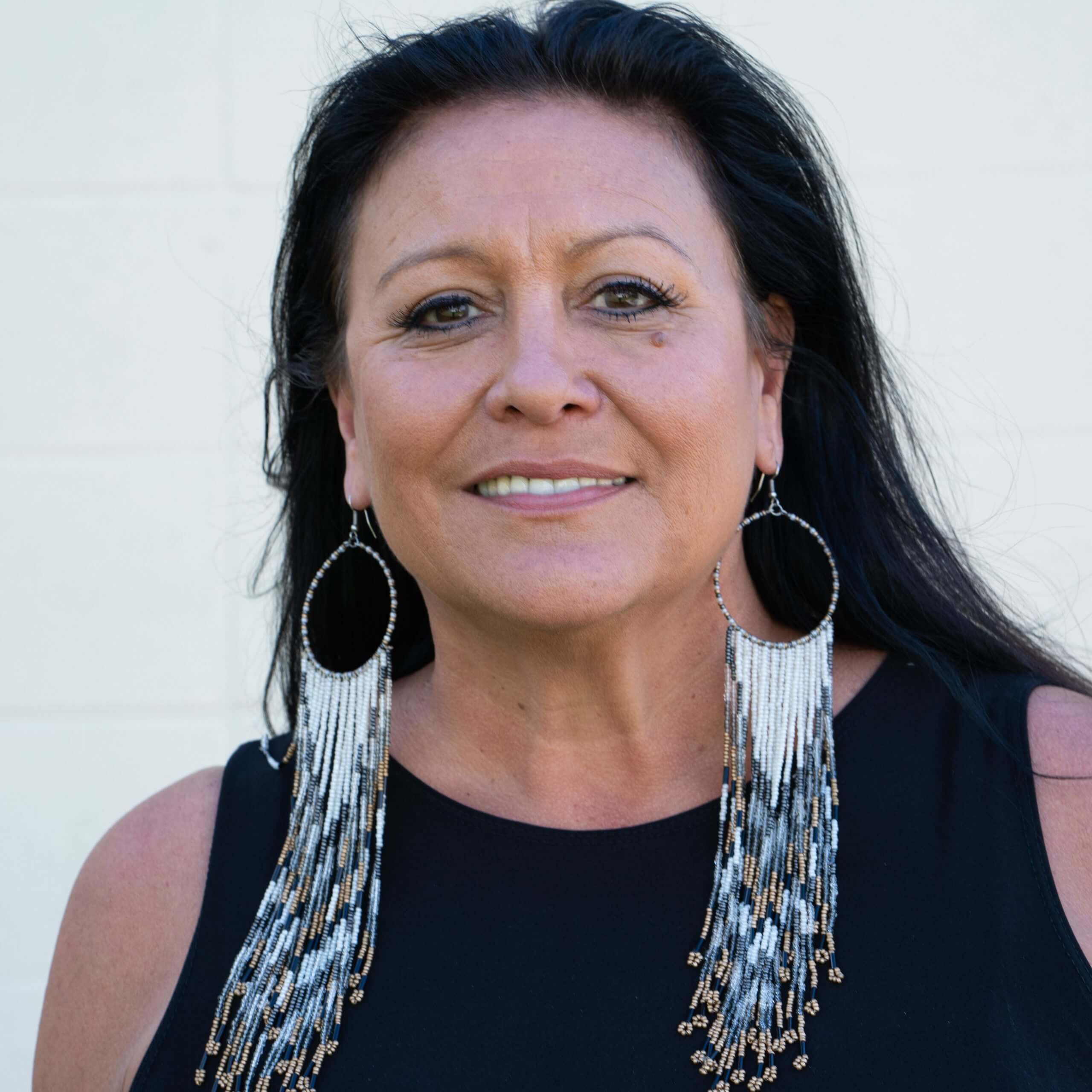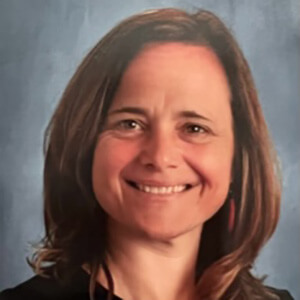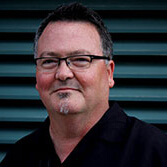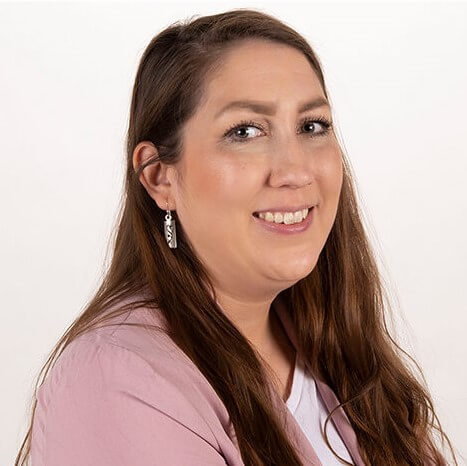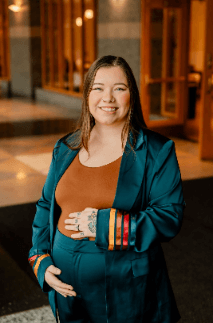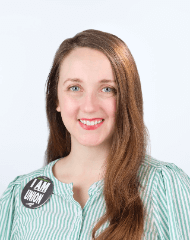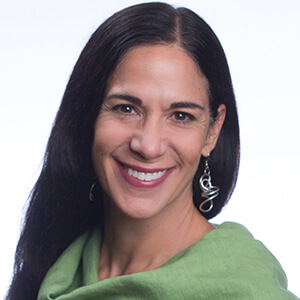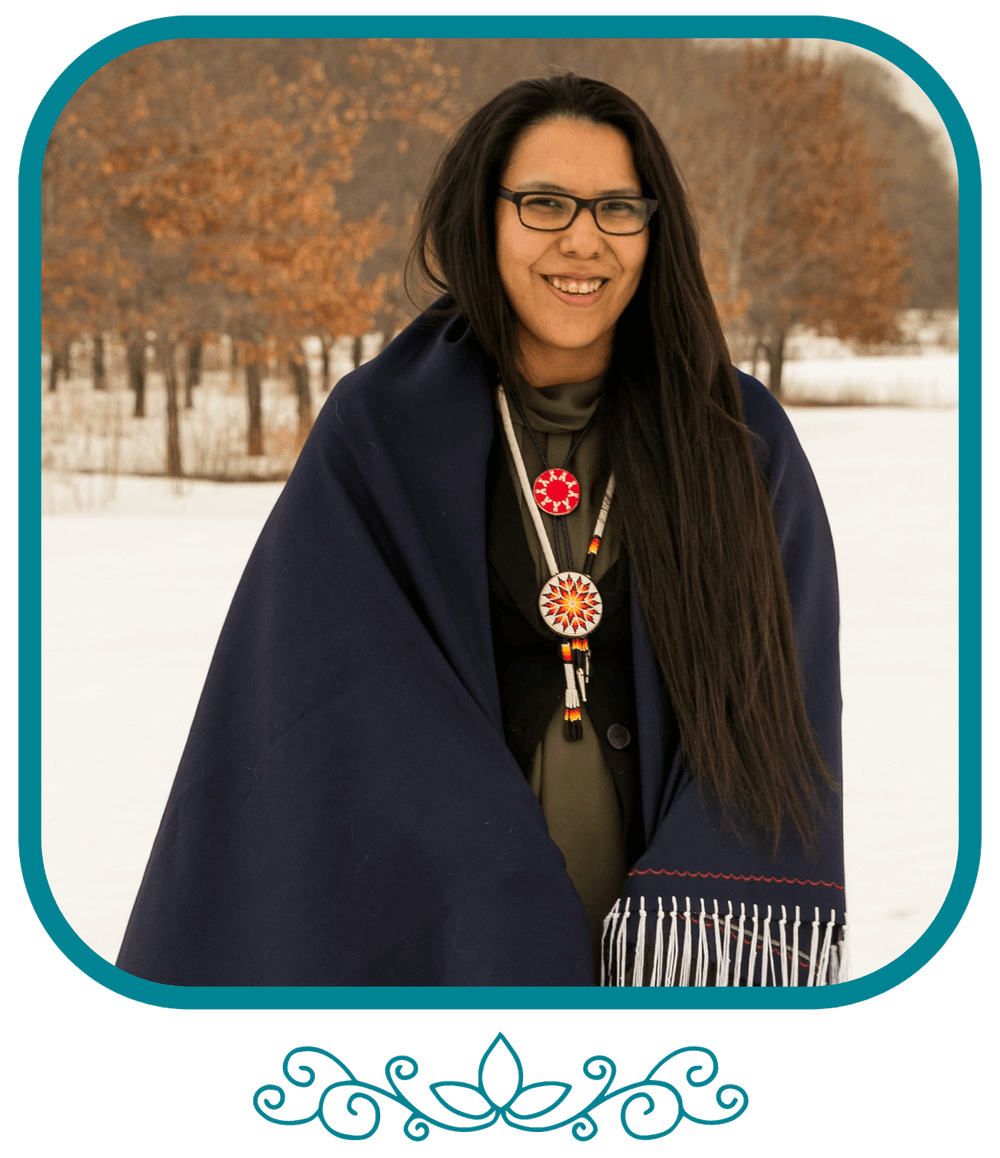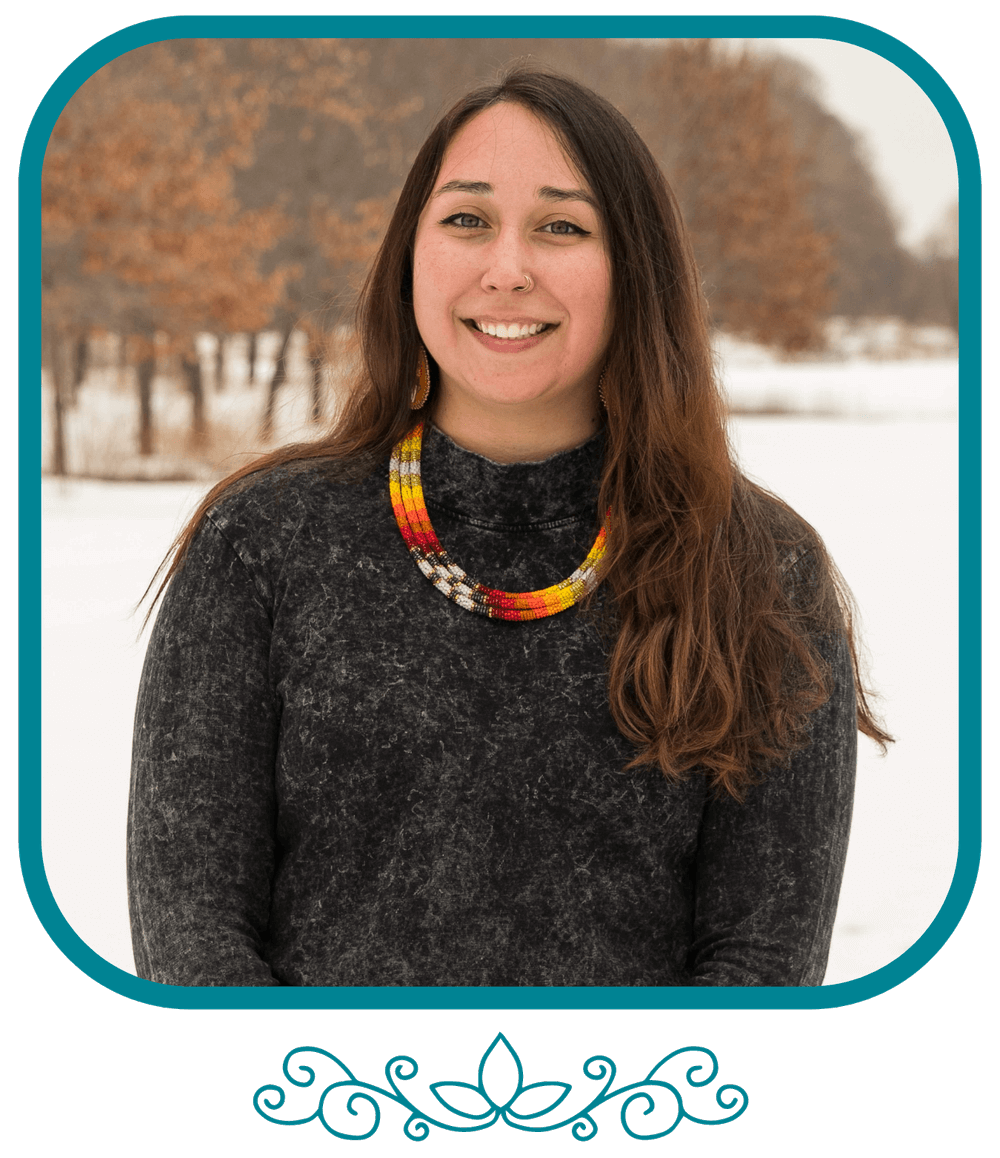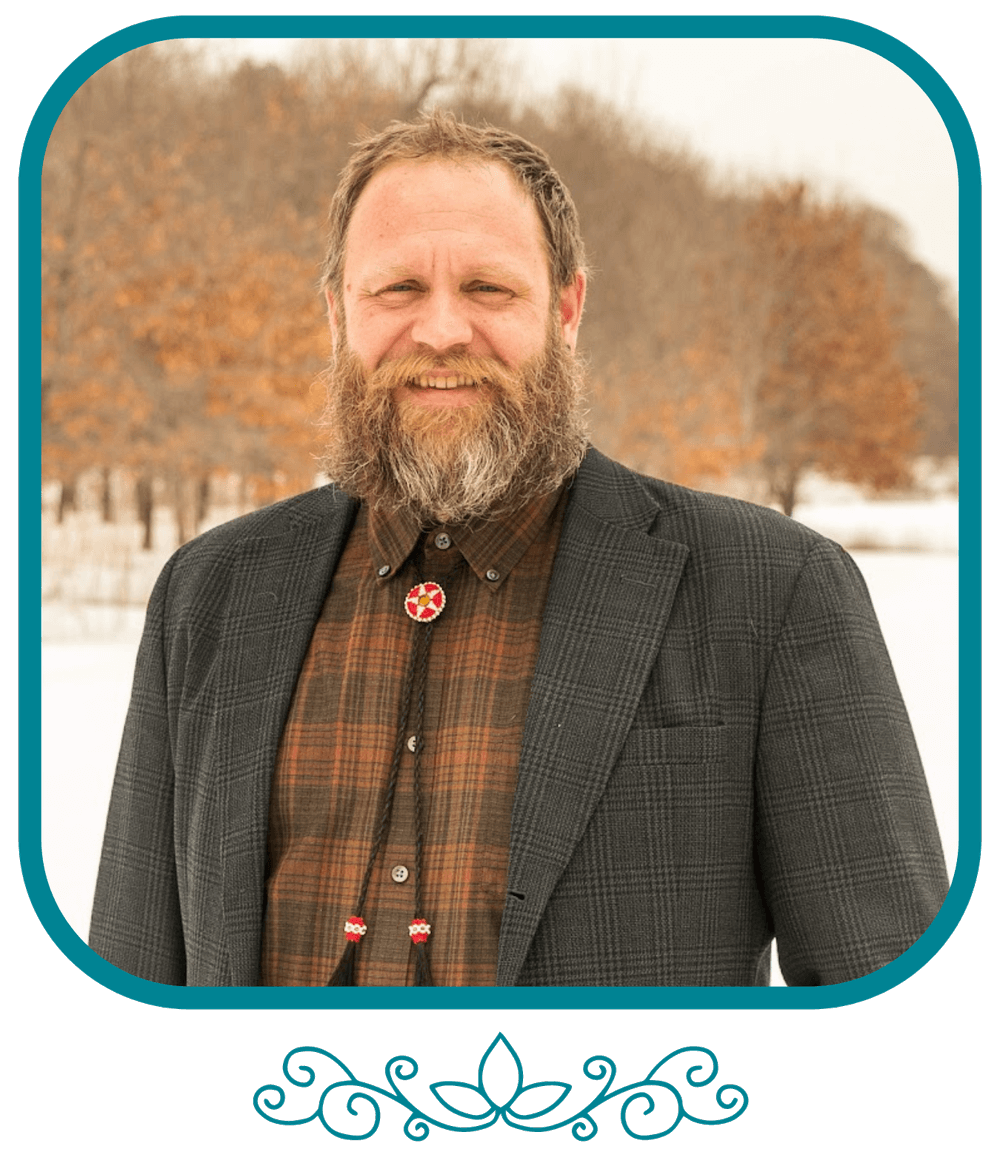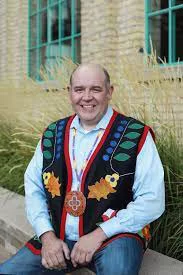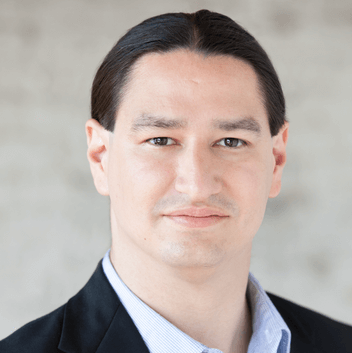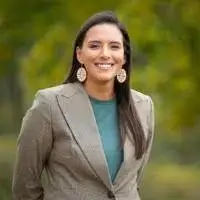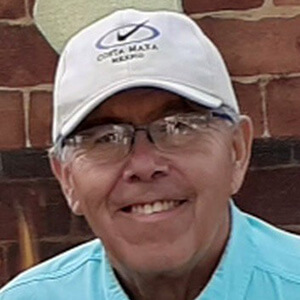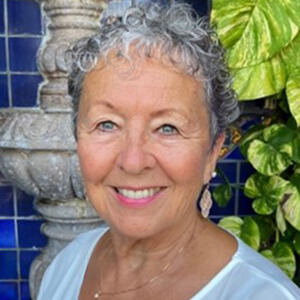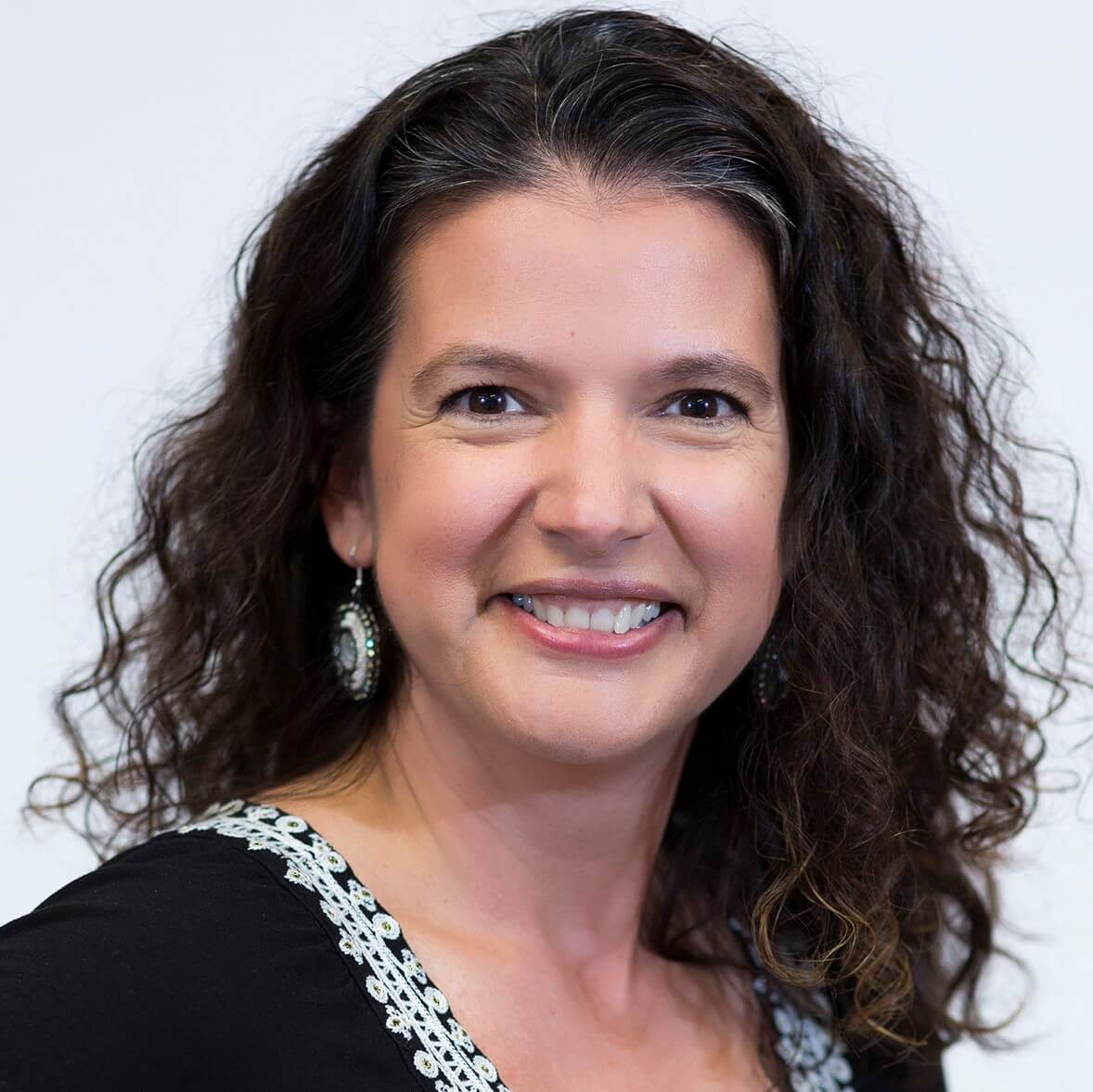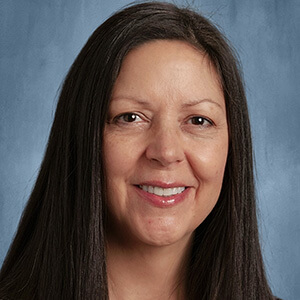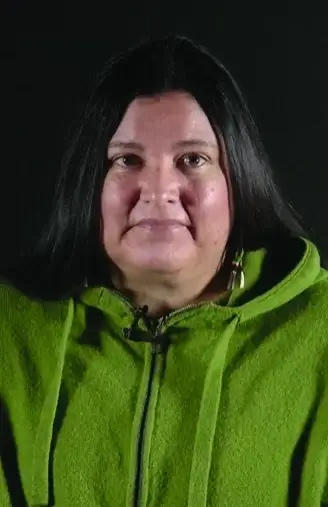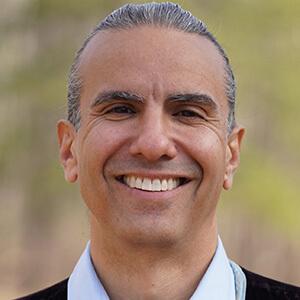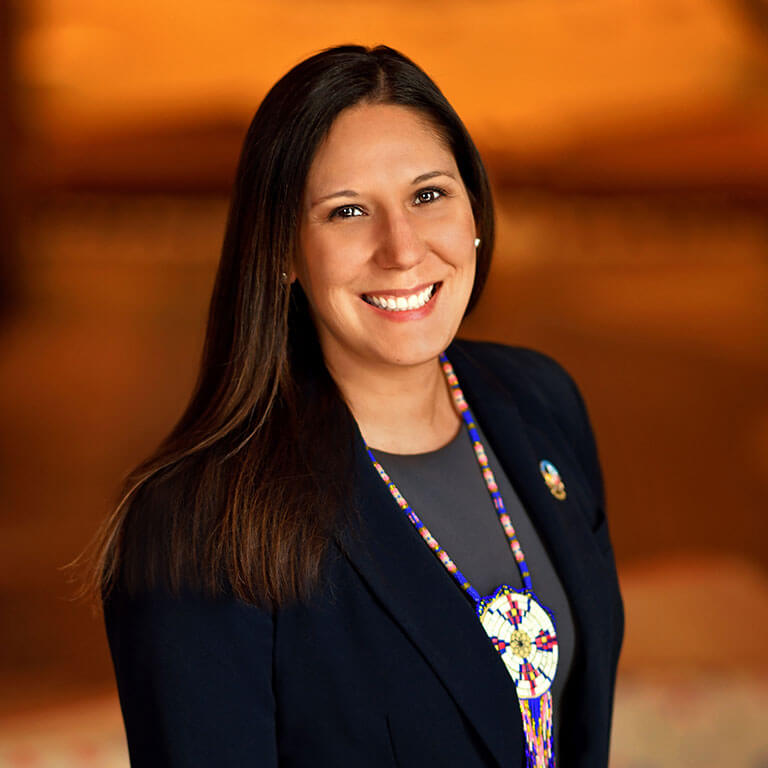Educator Academy Presentation Schedule
REGISTRATION CHECK-IN AND CONTINENTAL BREAKFAST
Welcome
Rebecca Crooks-Stratton, Shakopee Mdewakanton Sioux Community
General Session
Fostering the Positive Identity Development of Native Kids
Presentation Description
“I had a profoundly well-educated Princetonian ask me, ‘Where is your tomahawk?’ I had a beautiful woman approach me in the college gymnasium and exclaim, ‘You have the most beautiful red skin.’ I took a friend to see Dances with Wolves and was told, ‘Your people have a beautiful culture.’ . . . I made many lifelong friends at college, and they supported but also challenged me with questions like, ‘Why should Indians have reservations?’” What have you always wanted to know about Indians? Do you think you should already know the answers—or suspect that your questions may be offensive? In matter-of-fact responses to over 120 questions, both thoughtful and outrageous, modern and historical, Ojibwe scholar and cultural preservationist Anton Treuer gives a frank, funny, and sometimes personal tour of what’s up with Indians, anyway. White/Indian relations are often characterized by guilt and anger. Everything You Wanted to Know about Indians But Were Afraid to Ask cuts through the emotion and builds a foundation for true understanding and positive action.
Breakout Session 1
Mni Sóta Maḳoce: The Dakota Homelands Curriculum
Presentation Description
The goal of this project is that the Mni Sóta Maḳoce curriculum will be taught to sixth grade students across Minnesota to meet the required sixth grade social studies standards. Students will learn about and integrate Dakota values of caring for the land as a relative through learning about Dakota environmental teachings and philosophies. Examining Minnesota as a Dakota place will encourage students to consider their own individual, family, and community connections to place. The curriculum’s goal is that Minnesota learners will understand the significant Dakota relationship to Mni Sóta Maḳoce and explore how certain Dakota worldviews and values can help create more balance and respect among the different communities who call Mni Sóta Maḳoce home.
Using the 7 Grandfather Teachings for SEL and College Planning
Tami Johnson and Alicia Garcia
Presentation Description
We will review the 7 Grandfather Teachings of the Ojibwe and share how we use this in our work with students. Alicia Garcia is a school social worker and uses the 7GT in her SEL groups with middle and high school students. Tami Johnson is a school counselor and has developed lessons around the 7 GT in college planning groups with high school students.
Start with Story: Retro Report
Presentation Description
Build capacity related to social studies education and standards implementation. Explore Retro Report’s short-form documentaries and the free, high quality classroom resources that accompany them: view two short videos about how the boarding school experience continues to affect American Indian communities today, and the recent ruling by the Supreme Court upholding the Indian Child Welfare Act of 1978; and examine related lessons and student activities.
Selection and Sovereignty
Presentation Description
This presentation guides participants through the significance of sovereignty in Indigenous contexts, providing practical insights for choosing books that honor diverse Native perspectives. Attendees will learn to navigate the rich cultural tapestry of American Indian experiences, avoiding stereotypes and misrepresentations. The session empowers educators with concise tips on promoting sensitivity, authenticity, and cultural competency in literature selection. Gain valuable tools to curate a collection that fosters understanding and respect, contributing positively to the appreciation of American Indian voices.
Everything You Wanted to Know About Indians But Were Afraid to Ask
Presentation Description
Join celebrated author and educator Anton Treuer for an interactive session on all things Indigenous. He will profile new K-12 teaching guides for the book Everything You Wanted to Know About Indians But Were Afraid to Ask, which is being adopted as an Understand Native Minnesota one read this spring, and field questions on a wide range of topics related to your educational practice, Indigenous learners, and all things Native.
BREAK
Vendor tables available.
Breakout Session 2
Games That Save Our Ways
Anthony Drews and Mindy Meyers
Presentation Description
Immerse yourself in Ojibwe history, language, and culture as the Nashke Games Team shares their mission to save our ways through game play, while giving back to the Native Community! In this interactive session, participants will learn about the mission and vision of Nashke Games, and how we can use games to engage students, all while immersing themselves in language, culture, and game play throughout the session.
Indigenous Sustainability Science: Learning from Indigenous Experiences to Broaden Science Curricula
Presentation Description
Indigenous knowledge has sustained Indigenous people and their environments for thousands of years and continues today. Indigenous people often tell us that our common future depends upon incorporating their wisdom and perspectives into social, economic, and ecological decisions. However, educational institutions have struggled to integrate this knowledge into curricula and education. My talk will discuss how the Indigenous roots of sustainable forestry in the USA began with the Menominee Nation in Wisconsin and how that experience can inform contemporary sustainability science, education, and community healing. I will also present reflections from my decades-long work with Indigenous communities and lead an interactive discussion on how to bring these lessons into the classroom. The goal of my talk is to give tools to educators to broaden their science curricula and provide a case study that illustrates how Indigenous experiences and cultural values lead to the ecological and social healing needed to meet 21st century challenges.
Native Books for Children and Educators
Tom Peacock and Betsy Albert-Peacock
Presentation Description
Black Bears and Blueberries (BBB) is a Native owned publisher of Native books, written by Native authors and illustrated by Native illustrators. We mostly publish children’s books, although we have published books for young adults and adults. We’ll focus our discussion on the need for authentic materials and share examples of our offerings for participants. We are retired teachers, university educators (UM Duluth College of Education), and school administrators.
Cultivating Belonging in Math Through an Understanding of Tribal Sovereignty
Presentation Description
A student’s sense of belonging positively affects their experiences and outcomes in a math classroom. In this session the importance of belonging will be connected to tribal sovereignty, an inherent right that protects tribal languages, cultures, and land.
Investigating Arts Anchor Standard #10: Connecting to the (Theater) Arts of the Dakota and Ojibwe
Presentation Description
As theater arts educators work to align their teaching and curriculum with the MN K-12 Arts Standards, questions often arise about how best to address Anchor Standard #10: “Demonstrate an understanding that artistic works influence and are influenced by personal, societal, cultural, and historical contexts, including the contributions of Minnesota American Indian tribes and communities.” In this session you are invited to bring your questions, concerns, and ideas, and we’ll offer ideas about where to begin and resources that can support you in engaging your students. This session is relevant for theater educators, ELA educators that incorporate theater activities, other arts area educators (dance, music, media arts, visual arts), administrators, and more.
Teaching American Indian Content to All
Presentation Description
This session builds educators’ capacities to teach accurate Native content and information to all students. We’ll share perspectives from Native parents and educators from a Twin Cities suburban district about why it’s important that Native content is taught accurately. This content is often taught inaccurately today, as it has been in the past. Educators will also learn about how the education system is and has been used as a weapon against Native students and families and come to understand the importance of building trust and not damaging relationships through systemic and individual interactions. Educators will be introduced to a tool to assess the perspective/bias of the creators of content about Native people and topics. Minnesota Humanities Center will also share some resources that have been co-created with Native scholars and community members.
Lunch Buffet
GENERAL SESSION
Overview of Hoċokata Ṫi and New Teaching Resource Publications
Michael Kurtz, Odia Wood-Krueger, and Ramona Kitto Stately
BREAK
Vendors tables available.
Breakout Session 3
Native American Resources from the Minnesota Historical Society
Heidi Kloempken, Regan Kluver, and Rita Walaszek-Arndt
Presentation Description
Explore educator resources to support teaching and learning Native history and contemporary partnerships from the Teacher Education team and Native American Initiatives at the Minnesota Historical Society. We will walk through free, digitized, and printed resources, share videos, and model activities that incorporate these materials into your classroom.
Lower Sioux “Hoye Waye Do Studio”
Sean Ferguson and Mat Pendleton
Presentation Description
Description: Presentation of Lower Sioux’s music program. Showcasing Native artists and incorporating music in the classroom.
I’m With the Banned
Presentation Description
A children’s author’s first-hand look at book bans/challenges and how educators can confront and lead the fight against the effort to remove valuable resources from public schools.
Finding Indigenous Resources and Making Them Work: How to Hit a Home Run When Delivering on Minnesota’s Sweeping Standards Revisions
Presentation Description
This year heralds one of the biggest standards revisions in state history, with new expectations for educators to speak to “Indigenous ways of knowing” in the science curriculum, the structure and organization of tribal governments in social studies, books by Minnesota Indigenous authors in literature, and more. Dr. Anton Treuer will help participants navigate the new standards revision and familiarize them with new tools available to make their job more effective and less stressful, including but not limited to new publications produced as part of the Understand Native Minnesota campaign, the Minnesota Partnership for Collaborative Curriculum, and a host of new publications and voices. We’ll not just inventory the growing field, but look at some specific examples to help with the application of new content to the new standards and field questions about cultural appreciation, cultural appropriation, and education for all in the age of racial reckoning.
Diving into the Minnesota Native American Essential Understandings for Educators
Presentation Description
In conjunction with Native Governance Center, Understand Native Minnesota commissioned and co-published Minnesota Native American Essential Understandings for Educators. This guide provides teachers, curriculum developers, students, and others with a compilation of the most essential information about Native people and tribal governments in the state. Project director Ramona Kitto Stately will give an overview of this new resource.
Break
Vendor tables available.
Breakout Session 4
Games That Save Our Ways
Anthony Drews and Mindy Meyers
Presentation Description
Immerse yourself in Ojibwe history, language, and culture as the Nashke Games Team shares their mission to save our ways through game play, while giving back to the Native Community! In this interactive session, participants will learn about the mission and vision of Nashke Games, and how we can use games to engage students, all while immersing themselves in language, culture, and game play throughout the session.
Overview of A Guide to Reliable Native American-Related Teaching Resources
Presentation Description
Understand Native Minnesota commissioned and released A Guide to Reliable Native American-Related Teaching Resources, written by Odia Wood-Krueger. This first-of-its-kind guide provides educators with a reliable, classified bibliography of 550 recommendable teaching resources aligned with current state English Language Arts academic standards for use by teachers.
Incorporating Traditional Talking Circles into Schools
Presentation Description
Traditional talking circles have been used by Native peoples for generations. They are a traditional method of solving problems and discussing difficult topics. It is a very effective way to remove barriers and allow people to express themselves with complete freedom. The symbolism of the circle, with no beginning and with nobody in a position of prominence, serves to encourage people to speak freely and honestly about things that are on their mind. During this session you will participate in smudging and learn how to responsibly bring aspects of traditional talking circles into your classrooms.
Teaching American Indian Content to All
Presentation Description
This session builds educators’ capacities to teach accurate Native content and information to all students. We’ll share perspectives from Native parents and educators from a Twin Cities suburban district about why it’s important that Native content is taught accurately. This content is often taught inaccurately today, as it has been in the past. Educators will also learn about how the education system is and has been used as a weapon against Native students and families and come to understand the importance of building trust and not damaging relationships through systemic and individual interactions. Educators will be introduced to a tool to assess the perspective/bias of the creators of content about Native people and topics. Minnesota Humanities Center will also share some resources that have been co-created with Native scholars and community members.
Indigenous Music in Minnesota: How Native People Feel About Powwow in The Classroom
Presentation Description
“Which Native music can be used in a classroom?” “How can we define American Indian music in Minnesota?” “Is there any band or orchestra music our students can learn?” If you have asked these questions, this session is for you. If you are curious about the worlds of Indigenous music in Minnesota, this session is for you.
As teachers work to meet the “American Indian Standards” it can be intimidating and even feel risky for those who have had less experience with Ojibwe or Dakota music. There is not a standard curriculum for this subject, and there are many potential challenges. Lyz will provide an overview of history and culture helping to ground teachers in some fundamental knowledge about Minnesota’s tribes while sharing songs and strategies for participants to use going forward.
